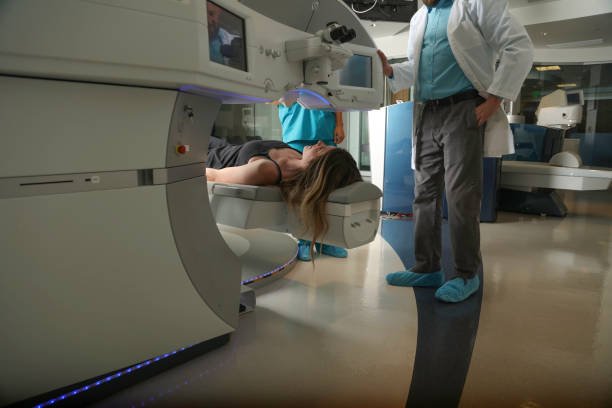Radiation Therapy for Gastrointestinal Cancers: What You Need to Know
When we talk about battling gastrointestinal (GI) cancers, radiation therapy often crops up in conversation. Let's be honest: anything involving the word "radiation" might sound a bit sci-fi and intimidating. But it's actually a well-established, evidence-based treatment in the oncology realm. So, let’s break it down in both a professional and, dare I say, slightly casual manner.
What’s Gastrointestinal Cancer?
In simple terms, GI cancers affect the digestive system. This includes cancers of the esophagus, liver, gallbladder, stomach, pancreas, small intestine, colon, rectum, and anus. They’re like the uninvited guests at your digestive system's party. And just like unwanted party crashers, we want them gone. Enter radiation therapy.
Radiation Therapy 101
Radiation therapy uses high doses of radiation to kill cancer cells and shrink tumors. Picture it as an exclusive sniper targeting only the rogue cells while trying its best to minimize damage to the surrounding good cells. This treatment can be used alone or in conjunction with surgery, chemotherapy, or both.
Benefits of Radiation Therapy for GI Cancers
Precision: Modern radiation techniques are exact, which means they can target those pesky cancer cells while sparing healthy tissue. This is especially important for GI cancers, where tumors may be located near vital organs.
Flexibility: It can be administered externally or internally, offering tailored treatments.
Non-invasive: External radiation is non-invasive, which can be a relief for those wary of surgeries.
Things to Keep in Mind
Side Effects: Like binge-watching your favorite show, everything has its repercussions. Side effects can include fatigue, skin changes, or digestive disturbances. Always discuss potential side effects with your oncologist.
It's Not for Everyone: While radiation therapy is a champ for many, it might not be the ideal treatment for every GI cancer patient. The type, stage, and location of the cancer, along with the patient's overall health, play critical roles in determining its appropriateness.
In Conclusion,
If you or a loved one is facing a GI cancer diagnosis, the idea of radiation might be a little daunting. But remember, in the world of cancer treatments, it's been a reliable workhorse for decades. Armed with knowledge and an excellent medical team, you'll be in a better position to make informed decisions. Remember, it's your body, your health, and you've got this!
Take the Next Step with JIET Hospital:
If you're looking for expert care and consultation on Gastrointestinal cancers, JIET Hospital is here to guide you. With a dedicated team of oncologists and state-of-the-art facilities, we are committed to your health journey. Book an appointment today to discuss your options.










